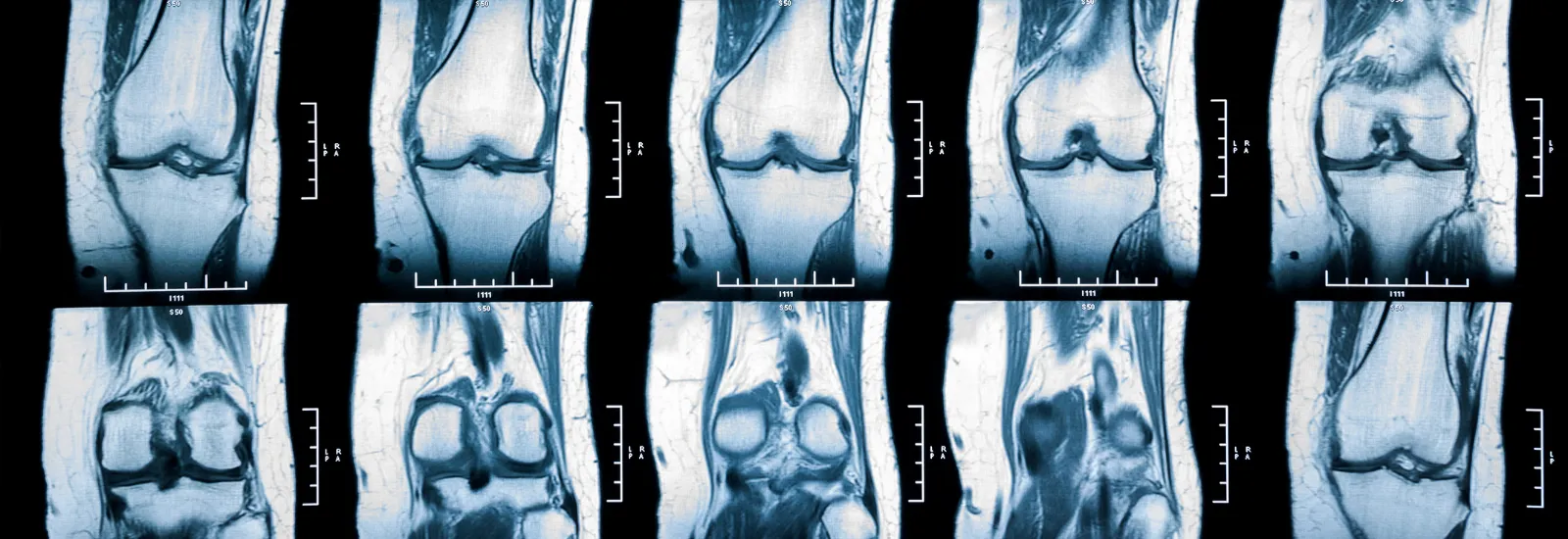
What are the tests before knee replacement surgery?
Approximately 1 in 4 adults in the United
States are diagnosed with arthritis, according to the Centers for Disease Control and
Prevention. Advanced arthritis, a common cause of severe joint pain in the hips
and knees, requires advanced treatment. When nonsurgical treatments such as
physical therapy, medications, or other pain management techniques are no longer
helpful in relieving knee pain, total knee replacement surgery may be an
option. To determine if knee replacement surgery is right for you, your
orthopedist will require an orthopedic evaluation and a series of tests before
knee replacement surgery.
Preparing for surgery: The orthopedic evaluation
The first step before knee replacement surgery is an orthopedic evaluation, which includes:
- A physical exam. An exam with an orthopedic surgeon reveals knee strength, stability, motion, and overall alignment of the leg.
- A review of your medical history. The orthopedic surgeon learns more about your general health, the severity of your knee pain, and your ability to function.
- Imaging tests. X-rays and other types
of diagnostic imaging, such as MRI, help the
surgeon get a better view of the damage or abnormality in the knee. Imaging
also influences the type of replacement implant that may be used during
surgery.
- Other tests. Blood tests are
sometimes needed to help determine the condition of the bone and soft tissues
of the knee.
Once your orthopedic surgeon has the results of these tests, he or she will
decide if knee replacement surgery is the most appropriate solution to improve
your function and relieve your pain. Other treatment options may be discussed,
as well as the potential risks and complications of knee replacement surgery.
Preparing for surgery: Additional tests
If knee replacement surgery is the most effective option to
relieve your pain, your orthopedic surgeon will coordinate with your care team
consisting of nurses and PAs, Jackie Shroyer, your Joint Care Navigator, and
perioperative care.
Reid Health Perioperative Care has a
new location within the Reid Health Comprehensive Bone & Joint Center. The
service is designed to evaluate and optimize a patient's overall health prior
to surgery to help ensure there are no hidden issues that could increase risk.
It is common to have several perioperative
tests, including a chest X-ray, electrocardiogram (EKG), and blood tests, and
you may also be asked to provide a urine sample. The results of these
evaluations and tests help your orthopedic surgeon and care team determine if
surgery is safe for you and anticipate potential problems that could arise
during surgery. The results also provide information that reduces the chance of
your knee replacement failing prematurely.
Although received before your
surgery, perioperative care also helps ensure you are set-up for success to
complete the recovery process, which includes working with a physical therapist
soon after surgery to strengthen your leg and restore function and range of
motion.
Millions of Americans live with joint pain in their knees, hips, shoulders, or spine. Although knee replacement and hip replacement surgeries can relieve pain, preventive measures such as getting plenty of sleep, eating a balanced diet, keeping a healthy weight, avoiding injuries, and staying physically active can keep your joints healthy and pain-free longer.
If you experience knee pain and want
to know more about your options for pain relief, the orthopedic experts at Reid
Health can help.
Visit us online to schedule an appointment, request more information, or speak
with someone from our office.

